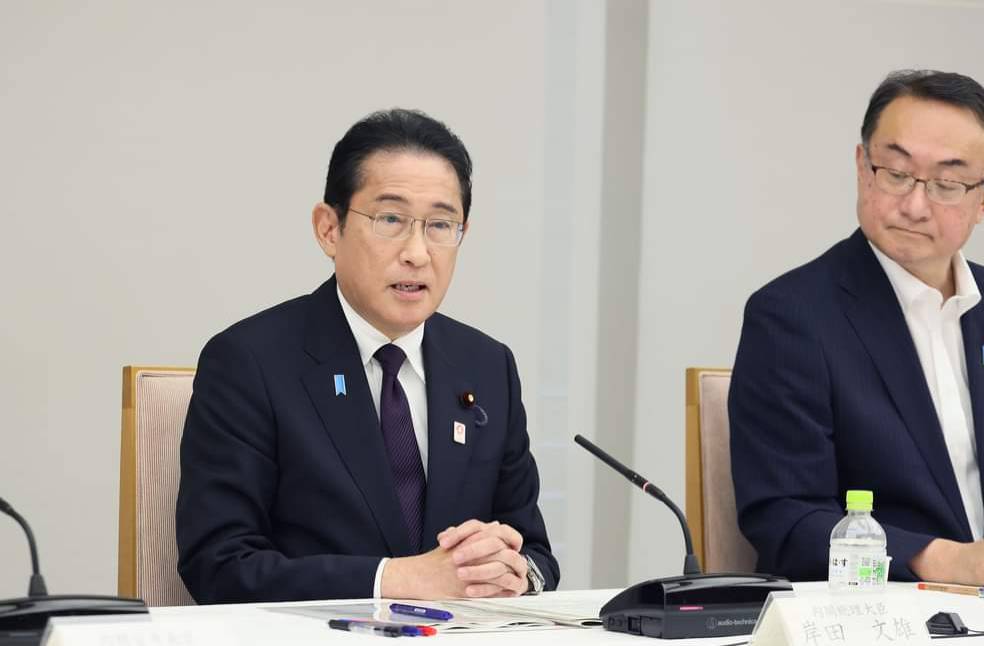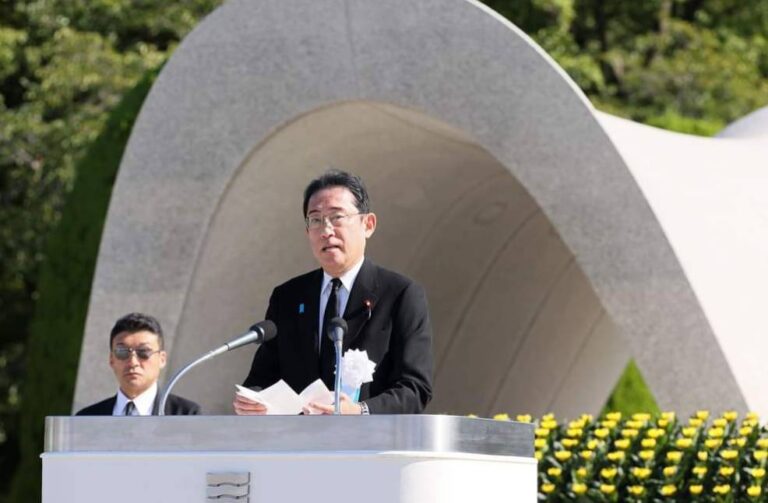Japan: Fumio Kishida, Japan’s prime minister, has decided not to run for re-election as head of the ruling Liberal Democratic Party (LDP), paving the way for a new prime minister to lead the country.
Following his decision not to seek re-election as president of the ruling Liberal Democratic Party, Japanese Prime Minister Fumio Kishida will step aside, allowing for the selection of a new leader of the world’s third-largest economy next month.
His decision brings to a close a three-year administration characterised by controversy, record-high defence spending, and soaring living expenses.
Kishida commented that, “In this presidential election, it is necessary to show the people that the LDP is changing and that the party is a new LDP. For this, transparent and open elections and free and vigorous debate are important. The most obvious first step to show that the LDP will change is for me to step aside.”
As a result of Kishida’s choice, there will be a contest to replace him as party president. The winner will almost certainly be approved as prime minister by the parliament, which is dominated by the LDP.

Japan’s new prime minister will take office amidst a complex geopolitical environment, including a new US administration, and pressing domestic concerns, particularly the escalating cost of living crisis affecting Japanese citizens.
Taro Kono, the flamboyant digital minister, and Shigeru Ishiba, a pragmatic former defence secretary, are suggested as possible successors.
There is a chance that female candidates will also run for the LDP presidency, which could mean Japan may have its first female prime minister.
Two potential contenders, Sanae Takaichi and Seiko Noda, who previously challenged Kishida in the 2021 party leadership contest, may consider running again. However, it remains uncertain whether either of them can garner the necessary backing of at least 20 lawmakers to formally enter the race.
The foreign minister, Yoko Kamikawa, has also been mentioned as a potential candidate.
Support for Kishida’s cabinet has stagnated at roughly 25% this year, occasionally falling below 20%, as escalating costs have made it difficult for the party to combat mounting criticism over the funding issue.
READ MORE| Spain and Italy lead EU in Organ donation rates



